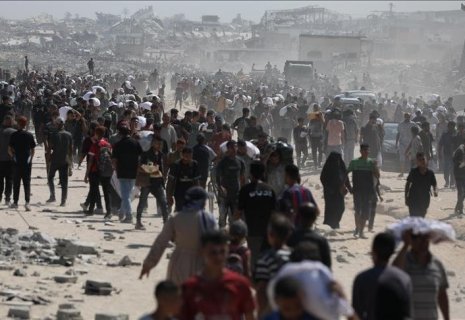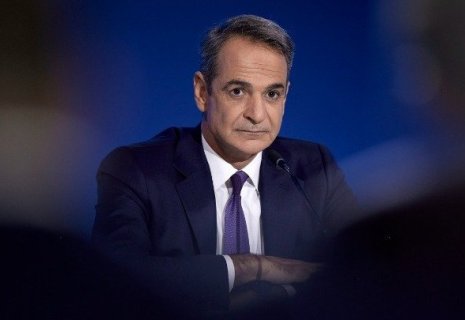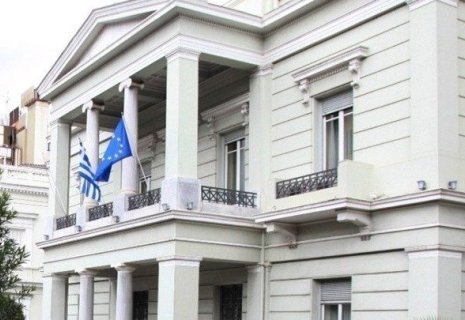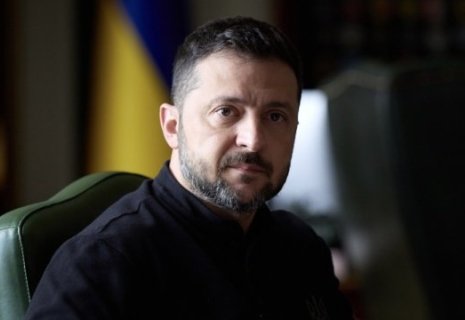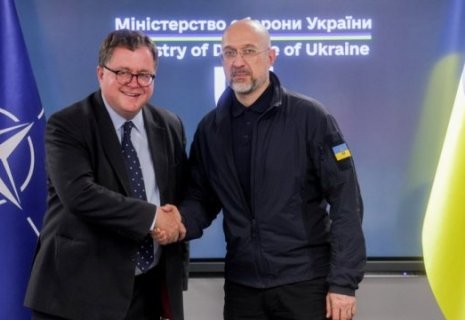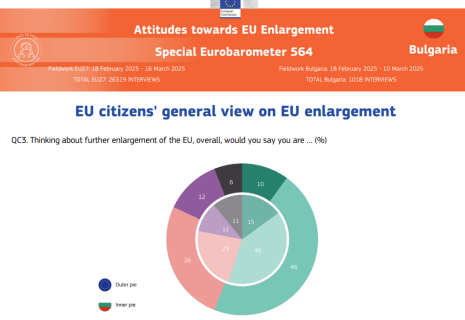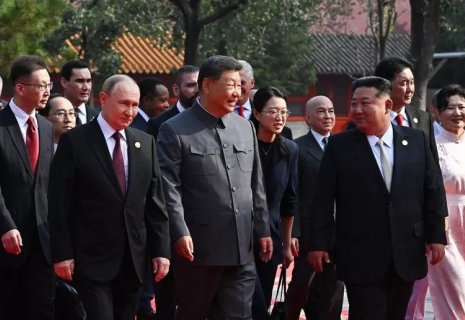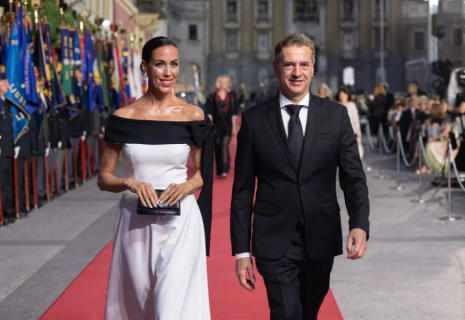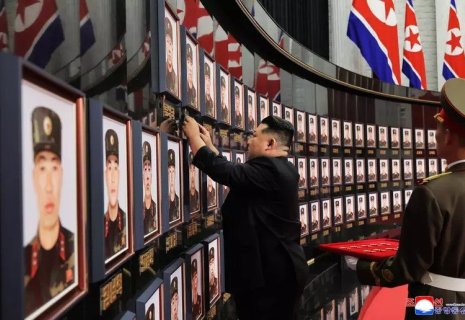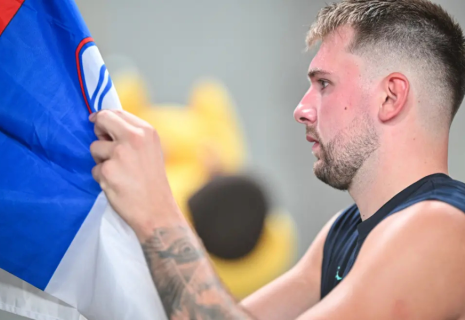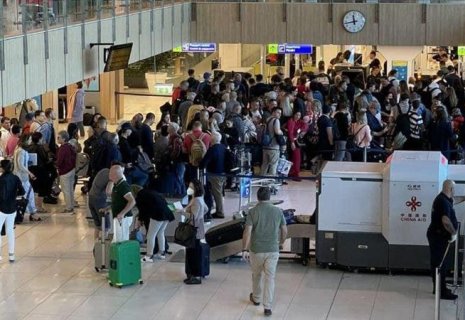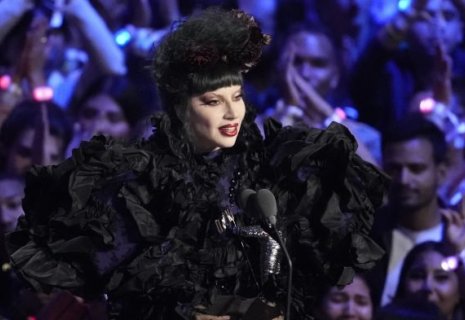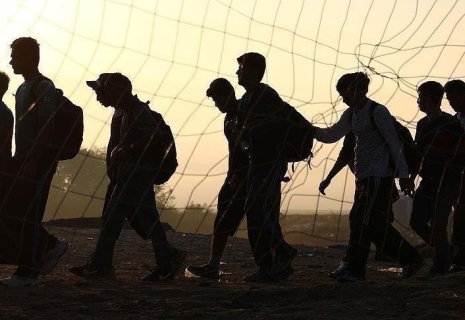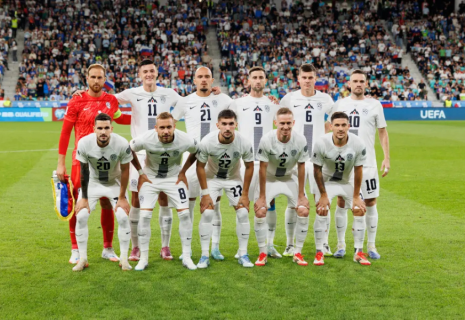
EU chief warns Putin will not stop Ukraine war voluntarily
Russian President Vladimir Putin will not end the war in Ukraine unless forced to do so, and the only option is to increase pressure on Moscow, EU foreign policy chief Kaja Kallas said on Tuesday at the European Parliament, CE Report quotes HINA.
“Putin will not stop the war unless he is forced,” Kallas told MEPs, adding that it is necessary to continue sanctioning Moscow and prevent it from bypassing sanctions.
Since the start of the Russian invasion in February 2022, the EU has provided Ukraine with €169 billion in support and implemented 18 packages of sanctions against Russia, the latest in July this year, which included a ban on access to ports for an additional 105 ships in the Russian fleet.
Kallas emphasized that “the only option we have is to increase pressure on Russia,” noting that the United States has also indicated it is considering further steps after President Donald Trump said on Sunday that he is ready to move to a “second phase of sanctions against Russia,” suggesting that he could tighten sanctions against Moscow or Russian oil buyers.
In addition to sanctions, European countries led by France are prepared to participate in peace and security guarantees for Ukraine if a peace agreement with Russia is reached.
Putin has threatened that foreign military forces deployed in Ukraine will be considered legitimate targets, which Kallas described on Tuesday in Strasbourg as a “serious escalation by Russia and an attack on our security.”
Call for Opening Ukraine’s First Negotiating Cluster
During a joint discussion on continued support for Ukraine and reports on the country for 2023 and 2024, EU Enlargement Commissioner Marta Kos called on the European Council to open Ukraine’s first negotiating cluster at its next meeting.
“Ukraine’s path to EU membership is a matter of survival, sovereignty, and long-term security—not just for Ukraine, but for all of Europe,” Kos said.
This topic was on the agenda of the European Council meeting in June. Hungary has openly opposed the decision, and unanimous approval from all EU member states is required to open the cluster.
Croatian MEPs Tonino Picula (S&D/SDP), Željana Zovko, and Davor Ivo Stier (EPP/HDZ) participated in the discussion, supporting continued active support for Ukraine.
Stier noted that “the fact that Putin strongly opposes the deployment of Western peace forces, even after an agreement is reached, shows everyone that his intention is not to stop but to carry out his plan to fully subjugate Ukraine under the so-called Russian world.” He added that China apparently supports this, as Beijing seeks a multipolar world based on spheres of influence and regional hegemony.
He stressed that the EU now “needs to work with Washington on secondary sanctions against Russia,” while Kyiv should continue pursuing European values and standards, and the EU should unblock the first negotiating cluster for Ukraine.
Zovko said that EU enlargement is “the only way to defend Europe,” criticizing left-wing MEPs for their low turnout during the debate. She also stressed that the United States is a key partner in Europe’s defense, as their support was crucial in defending Croatia during the 1990s wars.
Tonino Picula said that, alongside economic and military support, “sufficient aid is needed for Ukraine to strengthen its judiciary and rule of law and fight corruption,” as highlighted in the 2023 and 2024 reports on Ukraine.
He concluded that events in Ukraine show there is no genuine will for peace on Putin’s side and that the EU should take “bolder decisions regarding blocked Russian state assets and energy independence from Russia” while globally fostering partnerships to support international law and Ukraine.

